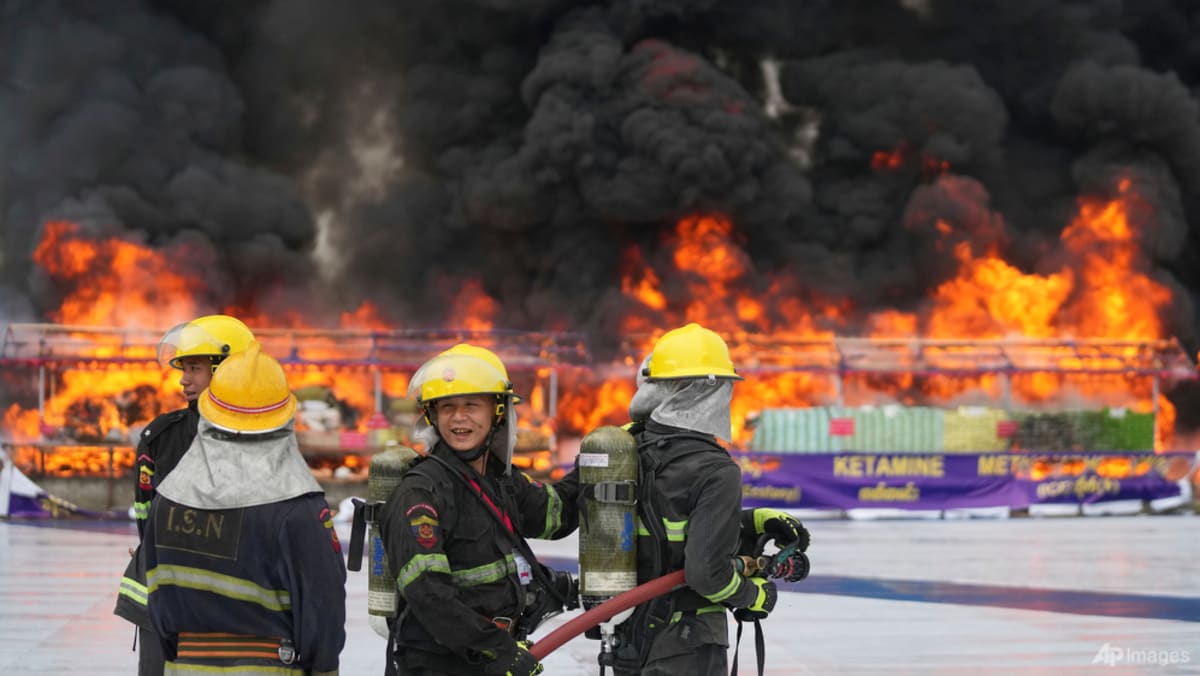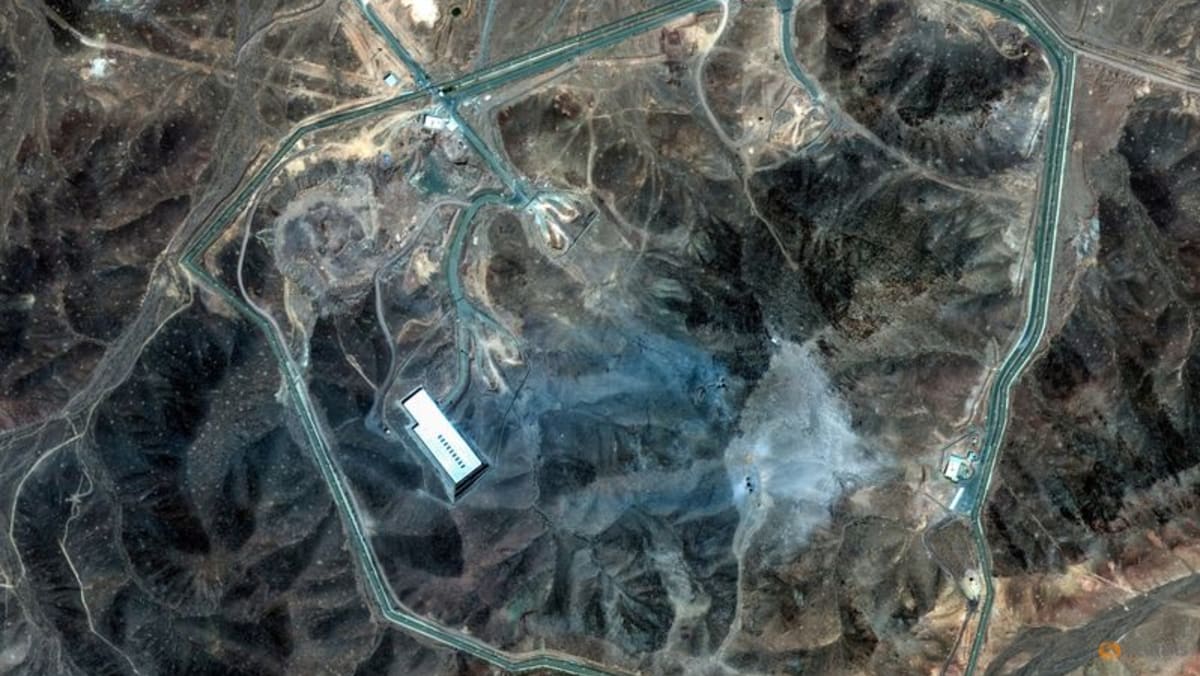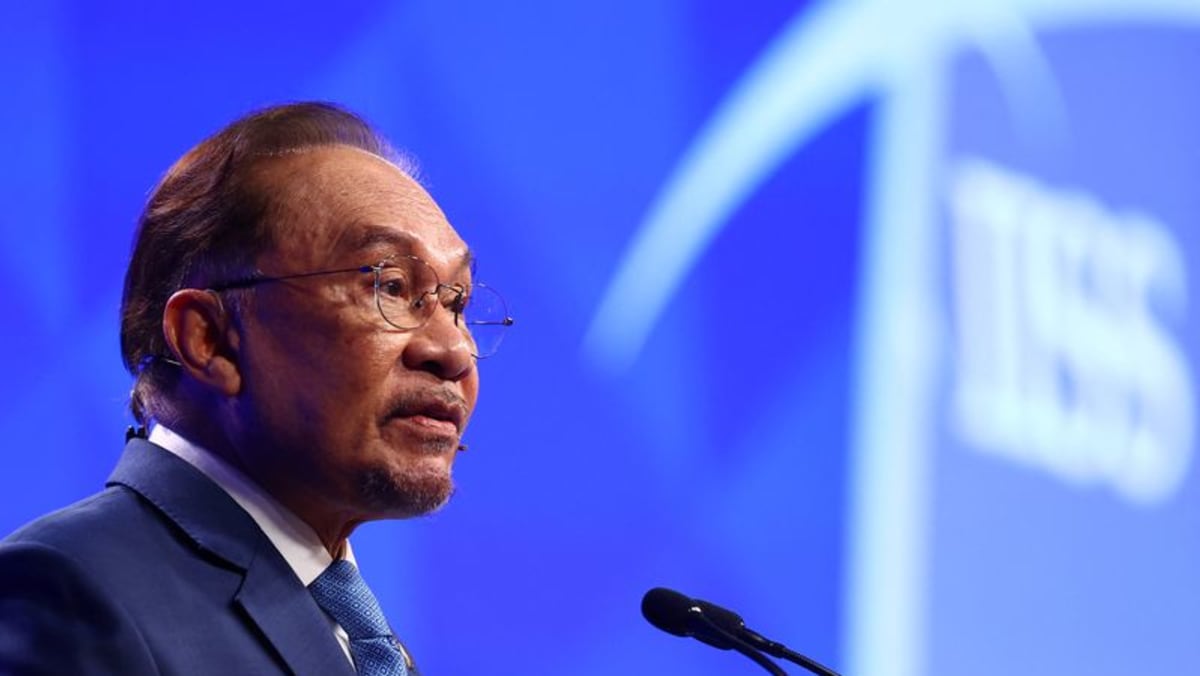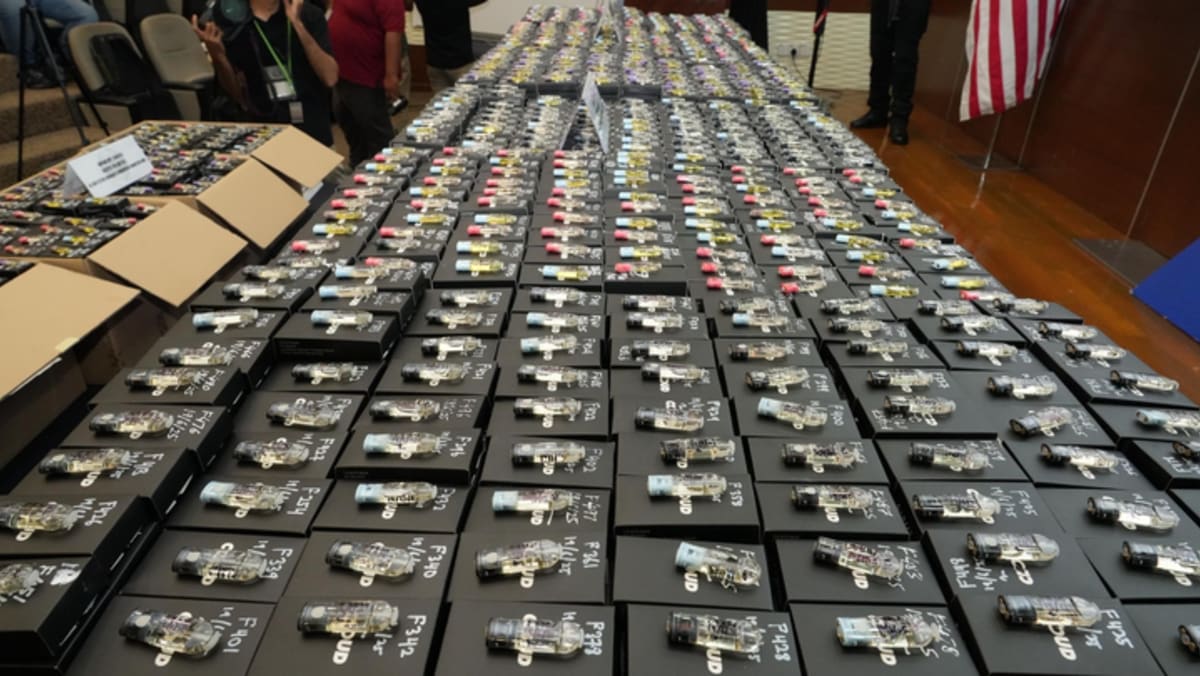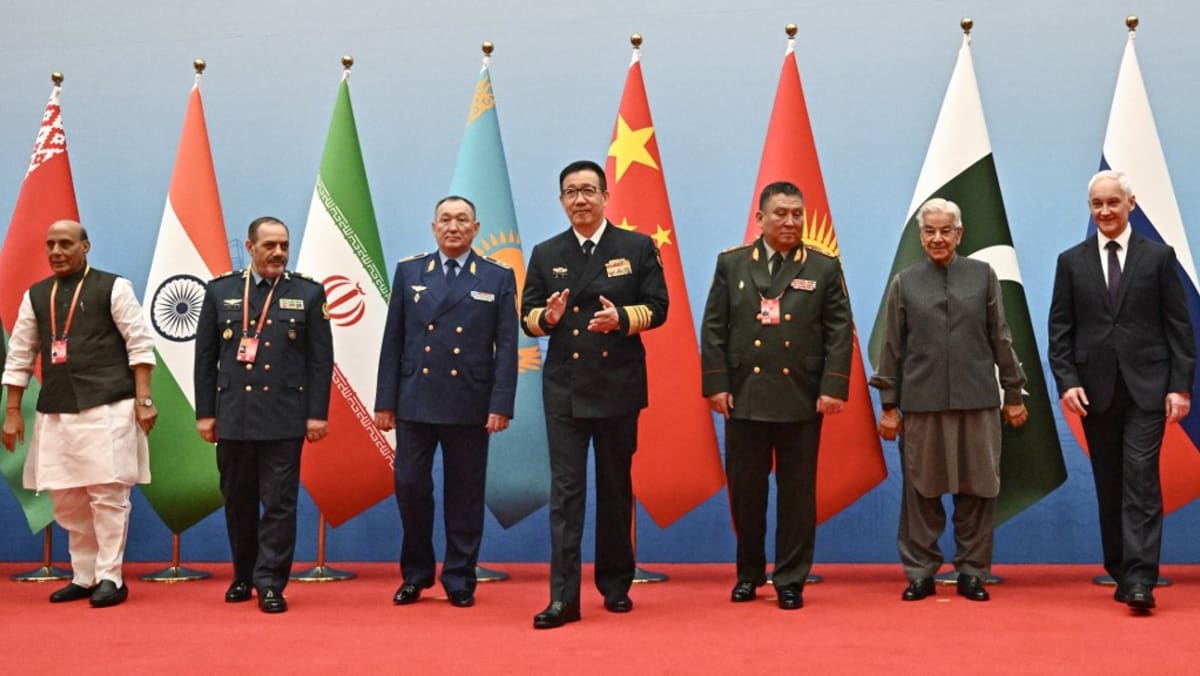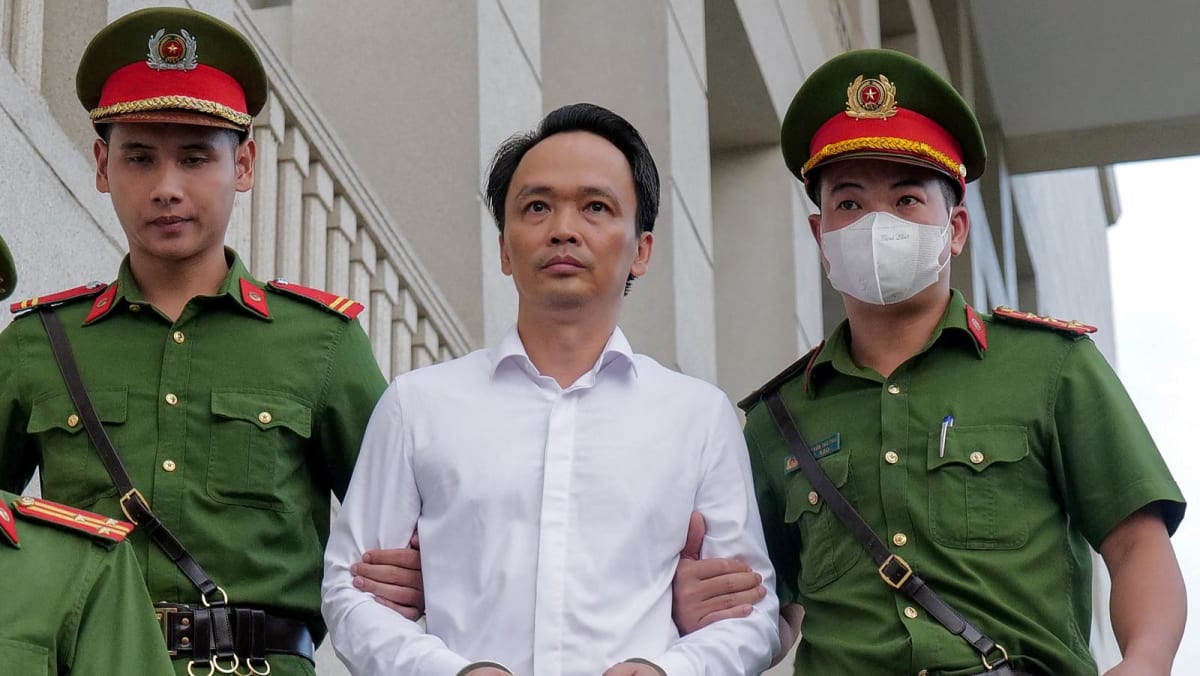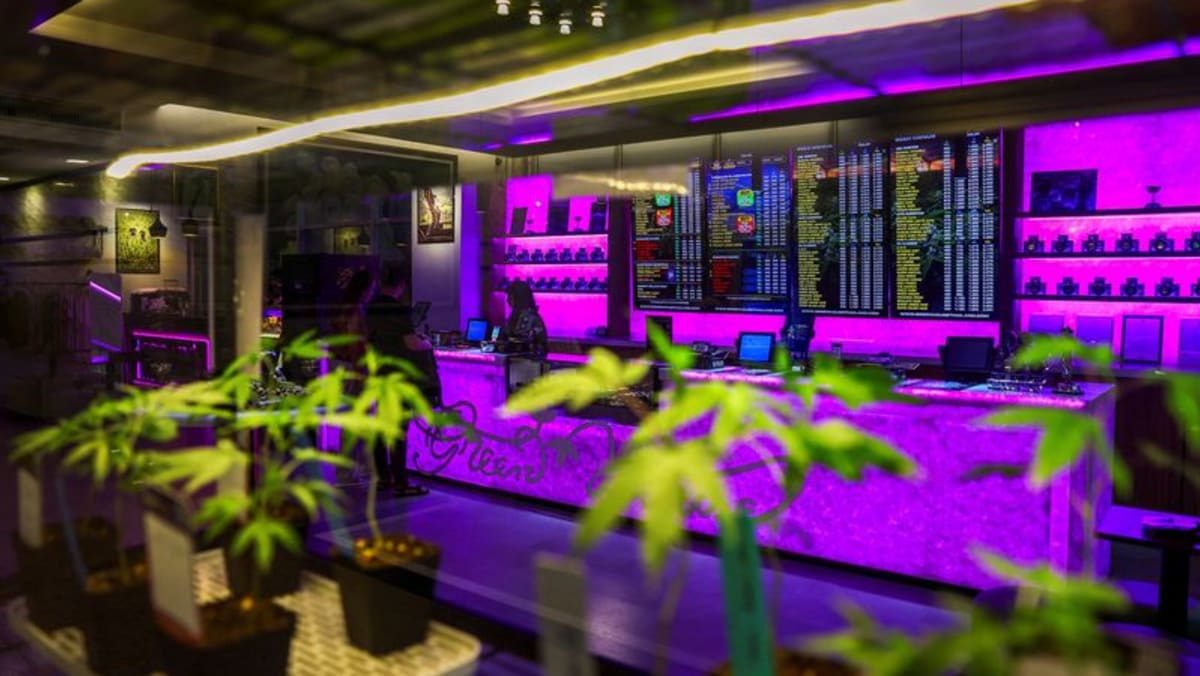How the government minimises price shocks and whether it rapidly translates investment pledges into real jobs and action on the ground will be key, said Ibrahim.
The government should focus on further improving Malaysians’ income, employment and food security, said Syaza.
The best way to counter price increases from the SST and RON 95 subsidy rationalisation is to continue pushing for wage increases across the board, she said.
While the cost-of-living situation is not necessarily bad at the moment, there is an expectation it should be better, she added.
“This is where sentiment plays a huge role because I still see comments going around social media on how things are so expensive today without evidence … But the fact that it’s going around shows that there are people who buy that narrative,” she said.
Activists will also point out that several reforms promised during election campaigning, including being tough on corruption, have yet to be fulfilled, noted Ahmad Fauzi.
“Some from his own party have also said it. It is part of the pressure Anwar is under,” he said.
Subang MP Wong Chen, who is from PKR, said this month that he could not shake a sense of dread that Anwar’s government would have little to show in terms of institutional reforms at the end of its parliamentary term.
However, it is economic reforms that still matter most to people, Ahmad Fauzi said.
While the federal government’s approval rating is “still quite good”, he said it falls short of the mandate needed to confidently call snap elections.
Malaysia’s next general election has to be called by February 2028.
The government will have to work harder and, at the same time, convince people that price rises are happening all over the world and are “inevitable”, he said.
“Politics is tricky and the scenario can change in a short span of time,” he added.

